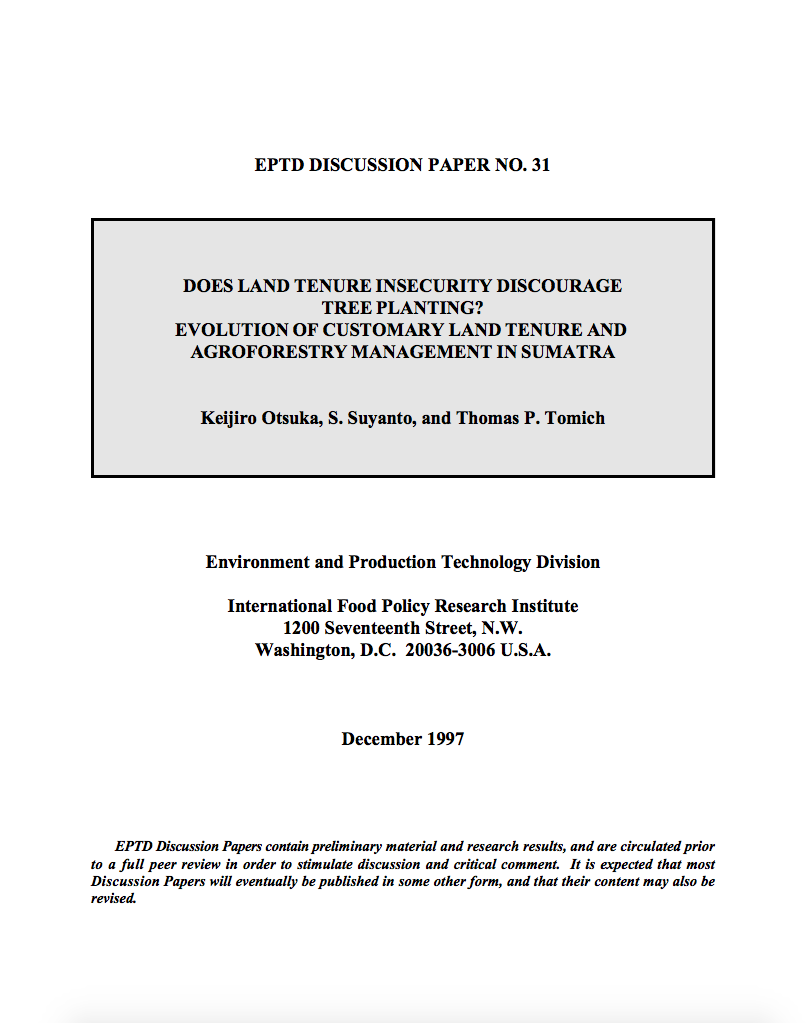Time to stop dumping on the world's poor
What can governments in rich countries do about poverty in poor countries, apart from increasing and improving aid and endorsing ambitious poverty reduction goals? Answer: get serious about reforming their own farm policies and start dismantling the agricultural trade restrictions and subsidies that contribute to mass poverty across the developing world.





